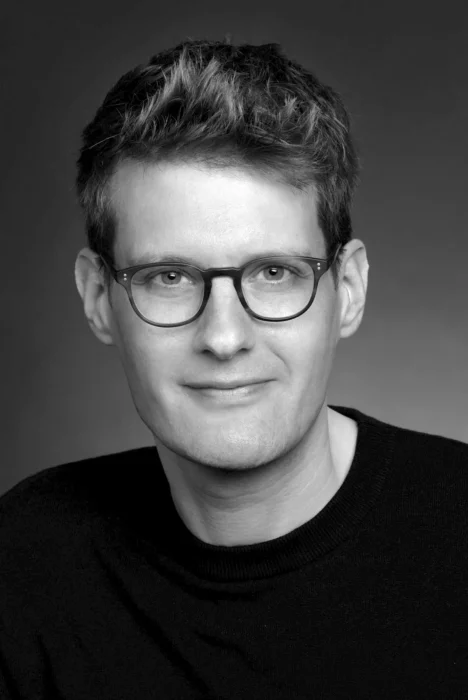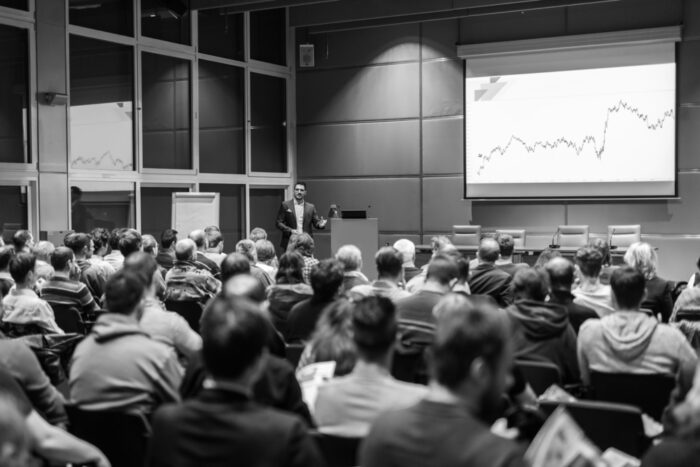The Progressive Post
Social Europe as a precondition for a more modern and just EU

Since the proclamation of the European Pillar of Social Rights (EPSR) in 2017, Social Europe has been put back on the political agenda of the EU. Its 20 principles on equal opportunities and access to the labour market, fair working conditions, social poverty and inclusion remind European institutions and member states not to forget the social dimension of the European integration process. Are we back on the convergence track and prepared to accompany future challenges with social measures?
Ever since the integration process started in the 1950s, a social dimension was part of it, although the first common regulations were influenced rather by economic thoughts to arrange equal conditions in the planned single market. With the proceeding economic integration and the implementation of concrete provisions of equal treatment between genders, occupational safety and social dialogue gained ground on a supranational level. The Treaty of Maastricht brought majority voting and new European competencies in employment and social policies in 1992. In the run-up to Economic and Monetary Union (EMU), policy coordination appeared to be the new field where Social Europe would materialise: succeeding growth strategies and governance cycles led to the European Semester process since 2011. Today, this policy coordination tool tries to bring together all sorts of economic, employment, social and redistributive policies.
What policy coordination was not able to heal was the constitutional asymmetry of a very dominant economic integration process with the establishment of the single market and the EMU as its major projects compared to efforts on social integration. In fact, member states were never interested in giving up their competencies in social policies. In addition, different welfare state traditions appeared to be an obstacle to developing a Social Europe on the same footing as economic integration. Nevertheless, what was deemed necessary from the Communities’ first Social Action Programme in 1974 onwards, is social progress. An improvement in the quality of life and the standards of living, a reduction of socioeconomic disparities, social justice and a combat of social exclusion and discrimination are important objectives of the EU, which understands itself as a ‘social market economy’ (Art. 3 (3) TEU).
Perpetuated socioeconomic divergences in the EU
Plans to boost social integration by forming a European Social Union, developed by Willy Brandt in the 1970s, or the establishment of a European Social Model, suggested by Jacques Delors in the 1990s, were never fully realised. This is why the asymmetry of the integration process transposed from a constitutional and institutional one into a real socioeconomic one. The orientation on social progress vanished over the years and social integration completely fell aside in the Euro crisis between 2010 and 2015. At this time, right after the devastations of the global financial and economic crisis, a concentration on budgetary and competitiveness aspects led European socioeconomic convergence to turn into divergence. Today, some member states still experience the impact of austerity programmes, showing only slight improvements in household income and its distribution, unemployment figures and poverty rates.
Attempts to complement the European Semester and the Euro crisis management with some social aspects like the Youth Guarantee to bring young unemployed back into work, the establishment of the Fund for European Aid for the Most Deprived (FEAD) and a social scoreboard to monitor employment and social trends helped to shift political attention on the social situations in the EU. But it was the EPSR that evolved into a compass for European social policies, as the central reference point for initiatives aiming to close the social provision gaps. In 2018, the principle of ‘equal pay for equal work at the same place’ was established and a European Labour Authority was set up. In 2022, a framework for adequate minimum wages was agreed upon. In the EU’s revolutionary crisis management during the pandemic, putting investment opportunities above austerity with the NextGenerationEU 750 billion Euro funds, the short-term allowance framework ‘Support to mitigate unemployment risks in an emergency’ (SURE), as well as with the temporary suspension of the Stability and Growth pact to not curtail national stabilisation efforts, the social dimension played an active part.
Using social integration for a stronger EU
Still, socioeconomic disparities are strong. Increases in energy and food prices in the aftermath of the Russian invasion of Ukraine further boost them, and they will even grow stronger with the green and digital twin transformation of the economies as well as with a planned enlargement of the EU. Bridging socioeconomic imbalances by an integrated European economic and social policy with more and better social standards would be key to counter negative developments. Another aspect of a social action program for the years to come should be that an active framing of the social costs of the emerging new digital world of work and the decarbonisation transition must not be left to the member states individual capacities. The EU will face these challenges best by developing its own supranational economic and social model – also with a view to its position in a changing global environment. And a framework of continued collective solidarity, as experienced during the pandemic, would be a driver to prevent and to better get over economic crises.
Public opinion is very much in favour of a more Social Europe. Citizens know that the dire straits our European economies and society are in could be mitigated by the prospect of continuing social progress. Looking for a receipt against the nationalistic and xenophobic claims made by the extreme right, it must be clear that social integration without economic growth is hard to achieve, but economic integration without social cohesion risks shredding the Union.
Photo credits: Shutterstock.com/Lightspring




